11 Must-Know Tips for Your First Solo Adventure
Embarking on your first solo trip can be both exciting and overwhelming. With the right preparation, however, you can make the most of your adventure and enjoy the freedom that comes with traveling alone. From researching your destination to staying connected with loved ones, there are key steps that will help you feel more confident and secure during your journey. Whether you’re exploring a new city or hiking through nature, these essential tips will guide you every step of the way, ensuring a memorable and rewarding experience.
This post may contain affiliate links, which helps keep this content free. Please read our disclosure for more info.
Research Your Destination Thoroughly
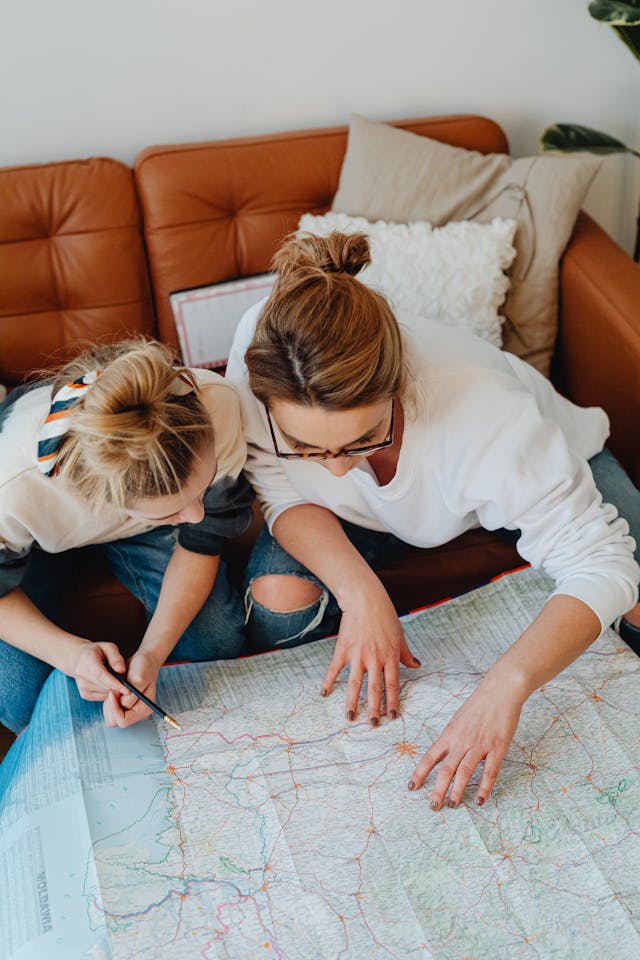
Before heading out, spend some time researching your destination. Learning about the local culture, customs, and language will help you feel more comfortable when you arrive. Understanding the geography, the local public transportation system, and key landmarks will help you navigate easily. It is also essential to be aware of any safety concerns in the area, such as areas to avoid or any common scams. This research can make your solo trip feel less daunting and more exciting.
The time spent researching will also help you make informed decisions when it comes to accommodation and activities. Knowing the best local spots to eat or visit, along with what to avoid, can save you time and energy. Though it may take a bit of time, the confidence you gain from understanding your surroundings will enhance your travel experience, allowing you to focus more on enjoying your trip.
Learn Basic Local Phrases

While you do not need to become fluent, learning a few basic phrases in the local language can significantly improve your solo travel experience. Phrases like “hello,” “thank you,” and “how much is this?” can break the ice and help you connect with locals. It’s a sign of respect, and many people appreciate when travelers make the effort to speak their language. It may even open doors to more authentic interactions, making your experience richer.
Language apps and online courses make learning these phrases accessible to anyone, even on short notice. With a bit of preparation, you will feel more confident while navigating restaurants, shops, or asking for directions. Not only does it ease communication, but it also allows you to be more immersed in the culture. A few simple words can enhance your sense of connection with the place and its people.
Stay Connected with Loved Ones

When traveling solo, staying in touch with someone back home is vital for both safety and emotional support. Regular check-ins via messaging apps or calls provide reassurance for both you and your loved ones. Sharing your itinerary or location in case of emergency allows someone to act quickly if needed, ensuring that you have a safety net. It’s easy to get caught up in the excitement of solo travel, but staying connected provides peace of mind.
Beyond safety, staying in contact with family or friends can help combat any feelings of loneliness. They can be your sounding board to share experiences, ask for advice, or simply chat when you need a break from your solo adventure. Regular updates can help you feel more grounded and connected, even if you’re far away from home. In the end, staying in touch makes your trip feel more secure and supported.
Pack Light and Smart
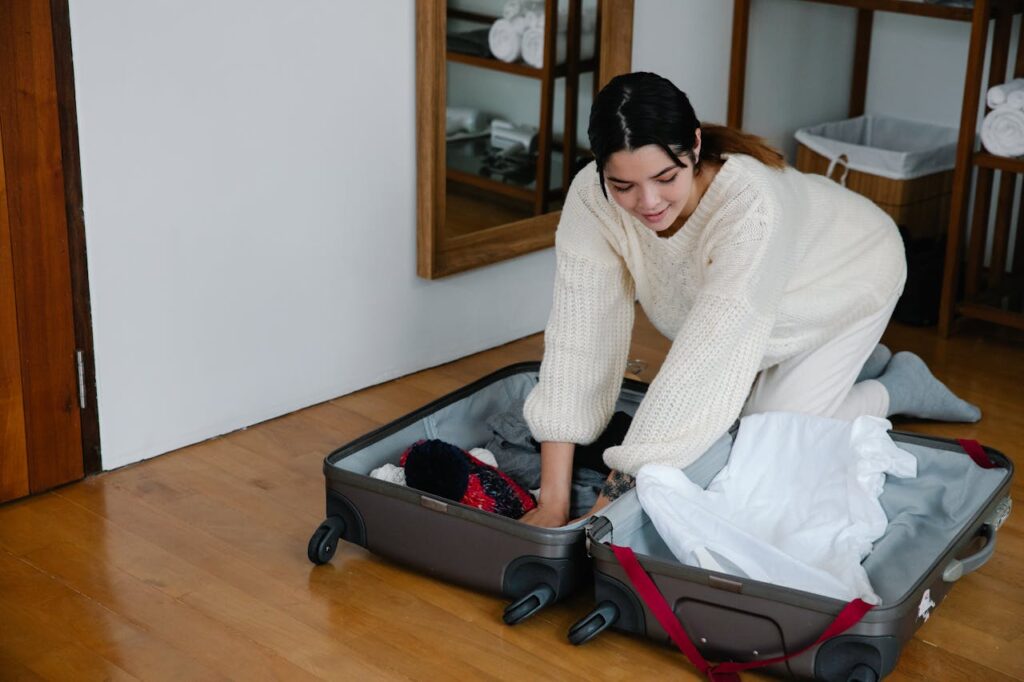
One of the most valuable tips for solo travelers is to pack as light as possible. The less you carry, the easier it will be to move around, whether you’re hopping on a train, getting on a plane, or navigating busy streets. By packing smartly, you avoid the hassle of dragging heavy luggage from one place to another, allowing you to be more flexible and spontaneous with your plans.
Think about what you truly need for your trip and consider versatile clothing that can be mixed and matched. A few essential items like a durable backpack, comfortable shoes, and weather-appropriate outerwear are key to making your travels easier. By keeping your luggage minimal, you allow yourself the freedom to explore without feeling weighed down, making your solo journey smoother and more enjoyable.
Know How to Handle Emergencies
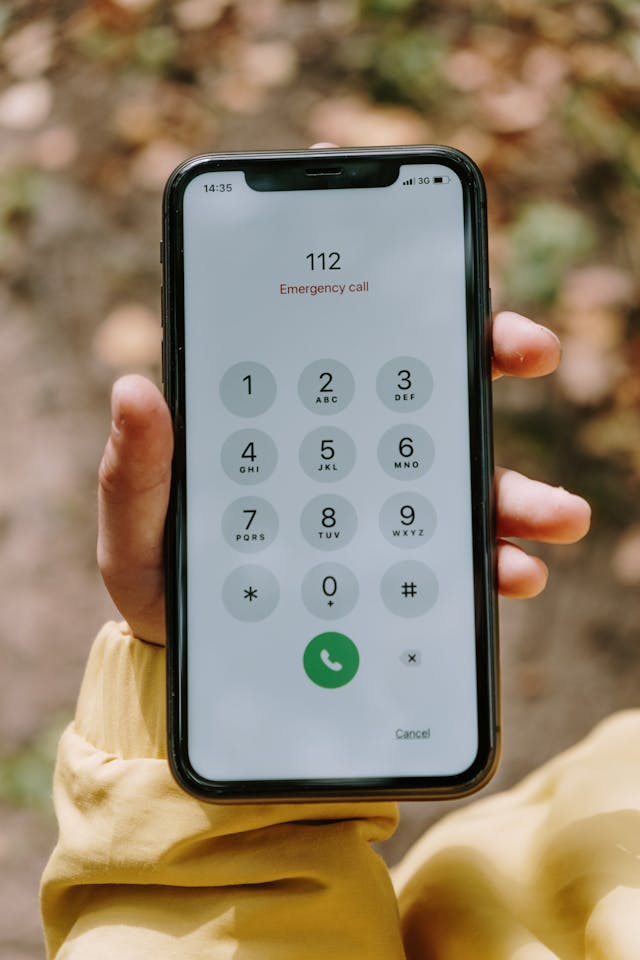
Emergencies are an inevitable part of travel, but knowing how to handle them can make all the difference. When traveling solo, you may be the only one responsible for dealing with unexpected situations, such as a medical emergency, lost documents, or a natural disaster. It is crucial to have a plan in place, such as knowing the local emergency numbers or having the contact details of your country’s embassy. A small amount of preparation can help you feel more at ease if the unexpected happens.
In addition to emergency contacts, it’s helpful to have backup options like extra cash or a spare credit card stored separately from your main wallet. You should also familiarize yourself with the healthcare system in the country you’re visiting, especially if you have any medical conditions that could require attention. By being proactive and informed, you can manage any emergency with more confidence and clarity.
Be Mindful of Your Surroundings
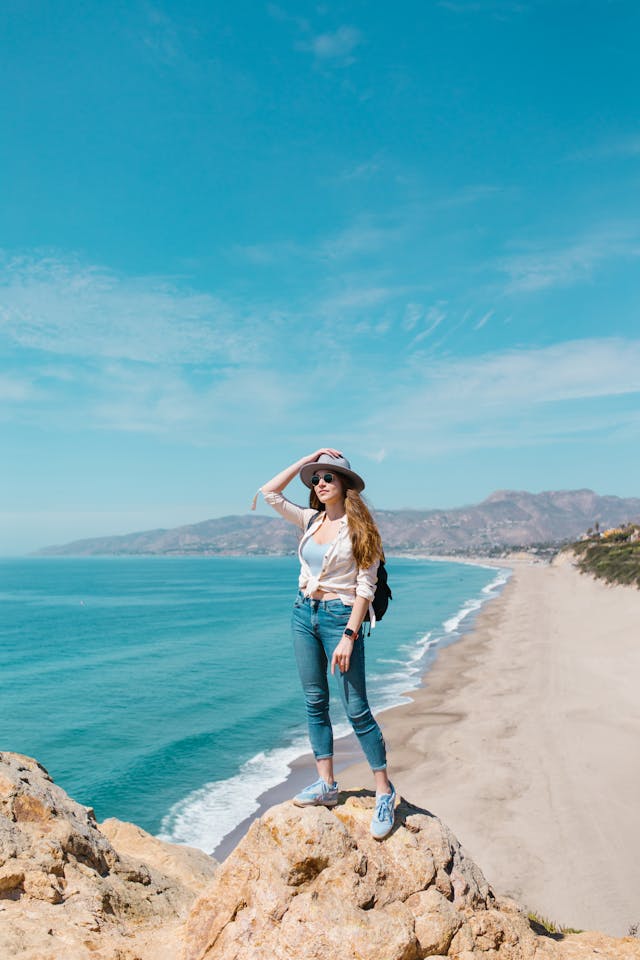
While solo travel can be incredibly rewarding, it is essential to stay aware of your surroundings, especially in unfamiliar areas. Being mindful of your environment helps ensure your safety and allows you to avoid potentially dangerous situations. Simple practices like avoiding distractions when walking in busy areas, keeping your valuables secure, and staying alert at night can prevent mishaps and help you feel more confident. This mindfulness helps you stay aware of any changes around you that may indicate potential risks.
It is also crucial to trust your instincts while exploring. If something feels off, don’t hesitate to remove yourself from a situation or seek help. Solo travel allows for great freedom, but it’s important to strike a balance between enjoying the experience and staying safe. By maintaining awareness, you can enjoy your journey while minimizing the risks associated with being on your own.
Choose Safe Accommodation Options
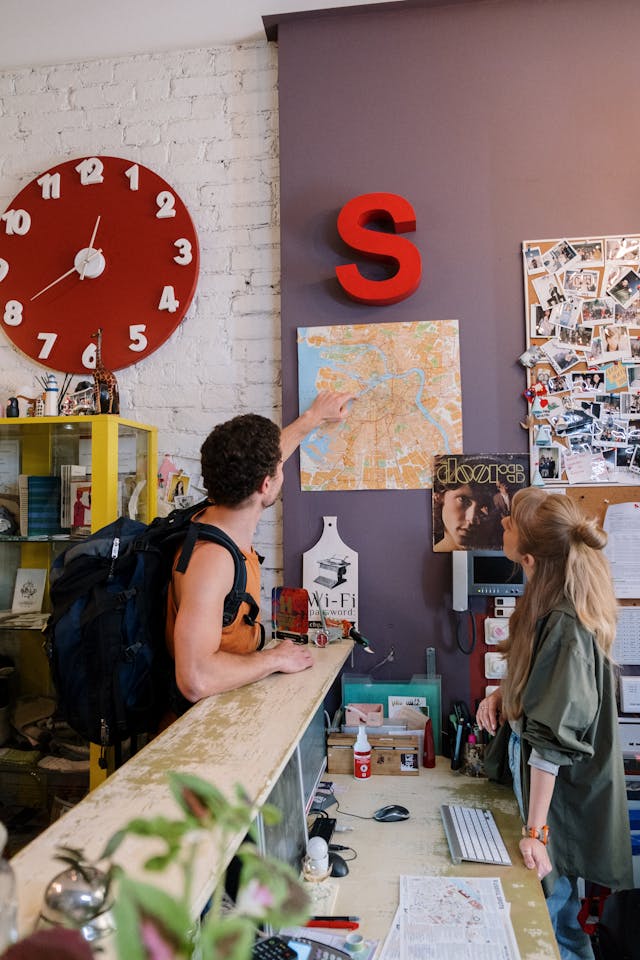
Selecting the right accommodation is critical for solo travelers. Opt for places that offer security, such as well-reviewed hostels, guesthouses, or hotels with secure entrances and 24-hour staff. Many solo travelers prefer accommodations in areas that are close to public transportation or local attractions for convenience. Choosing the right location helps avoid feeling isolated or being far from essential services, ensuring you can easily access what you need.
Another important factor to consider is the atmosphere of the accommodation. Many solo travelers find that staying in hostels or guesthouses with common areas encourages socializing and meeting other travelers. However, always check reviews and make sure the place is reputable before booking. Your accommodation should be a comfortable, safe, and accessible home base for your adventure.
Manage Your Budget Carefully
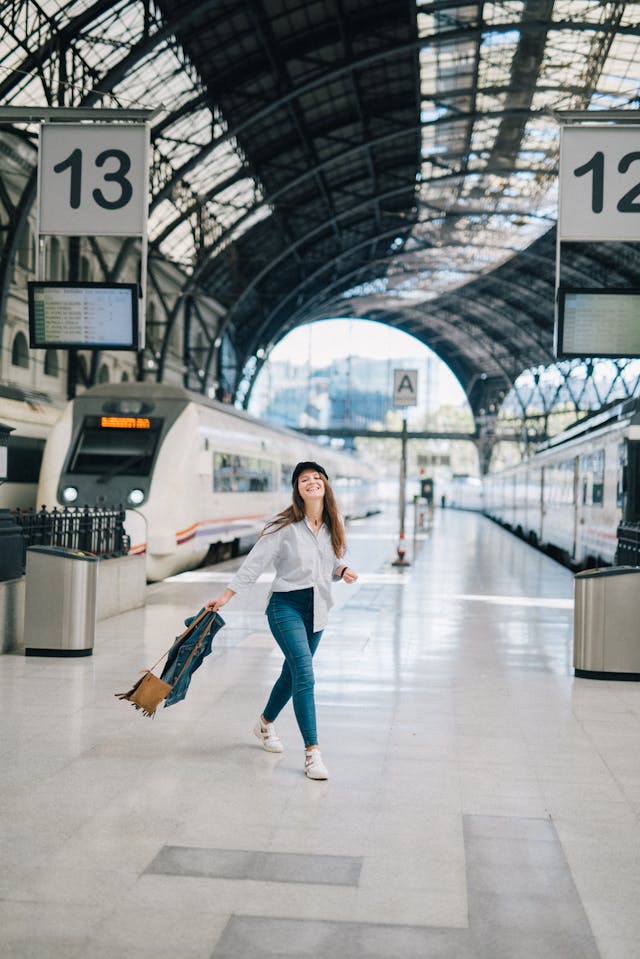
Traveling solo can sometimes mean managing your finances without the cushion of splitting costs with others. It is important to set a realistic budget for your trip, covering accommodation, transportation, meals, and activities, with extra set aside for emergencies. Using budgeting apps can help you track your spending and avoid overspending, allowing you to stretch your funds further. Knowing how much you’re spending each day can prevent any unexpected financial stress during your travels.
Besides tracking daily expenses, consider local tipping customs and whether credit cards are widely accepted. In some countries, cash may be more common, so it’s helpful to plan accordingly. Understanding exchange rates, avoiding expensive tourist traps, and eating at local spots rather than touristy restaurants can help save money. Managing your budget will not only help you enjoy your trip but also ensure you can extend your travels without financial worry.
Travel with a Power Bank and Backup Chargers
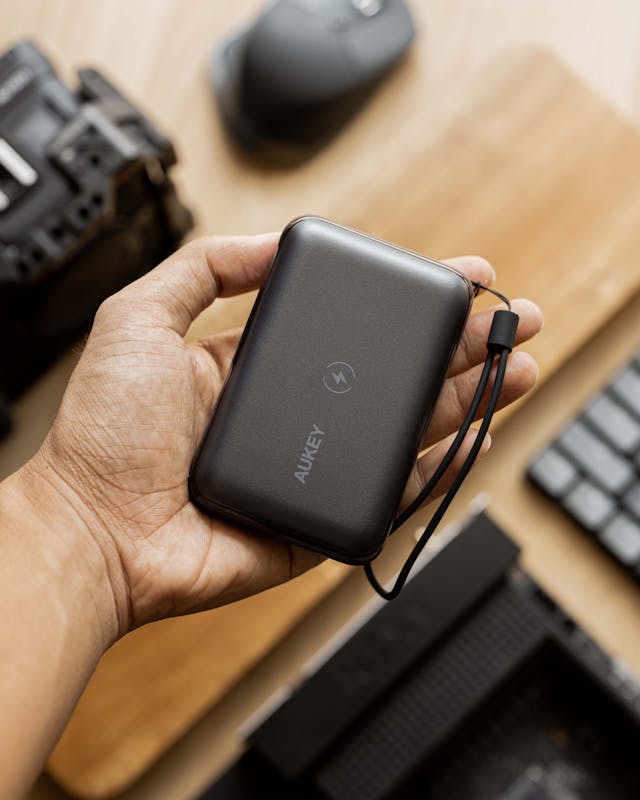
For solo travelers, staying connected is essential, which makes keeping your devices charged a priority. A power bank can be a lifesaver when you’re out exploring and your phone’s battery is running low. Many solo travelers use their phones for navigation, emergency contacts, or taking photos, so having backup power can help ensure you never lose touch or get lost. It’s a small investment that can make your travels more comfortable and secure.
In addition to a power bank, always bring the necessary chargers for your devices and consider a universal adapter for international travel. Not all countries use the same plug types or voltage, so having a universal adapter ensures your devices stay powered throughout your trip. Being prepared with the right tech gear can make managing your solo travel experience smoother and more convenient.
Be Prepared for Loneliness
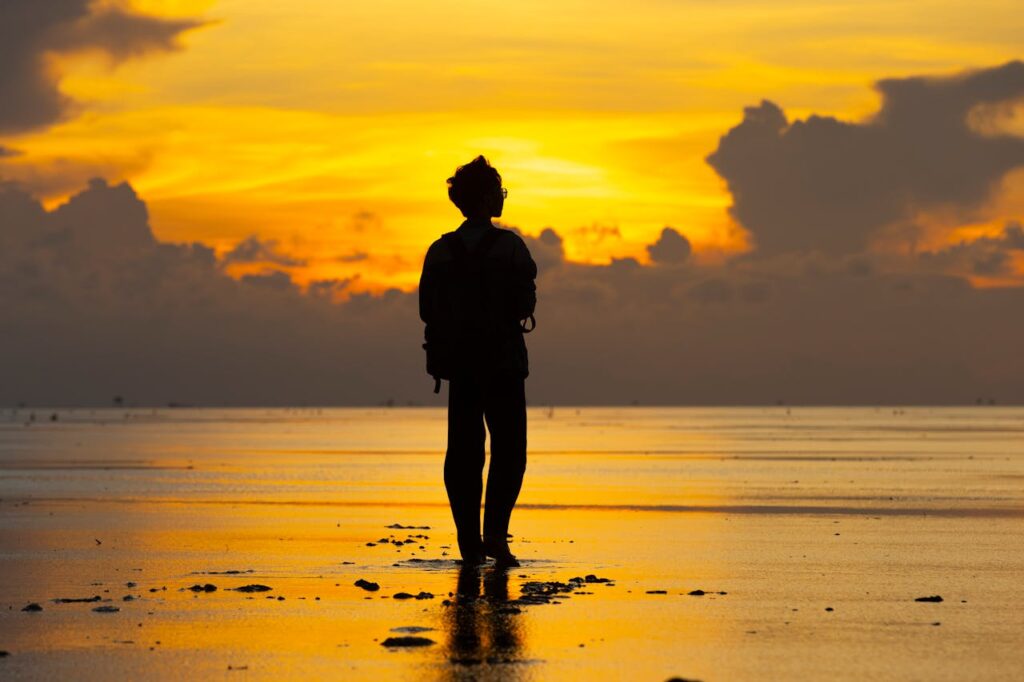
Solo travel can sometimes lead to feelings of loneliness, especially during longer trips. It’s natural to miss familiar faces or feel disconnected in a new place. However, it is important to embrace these moments as an opportunity for self-reflection and personal growth. Finding joy in your own company and taking time to explore places at your own pace can be incredibly rewarding.
If loneliness becomes overwhelming, look for opportunities to connect with other travelers or locals through group activities or shared tours. Many solo travelers find comfort in participating in cooking classes, joining walking tours, or staying in hostels where meeting people is part of the experience. Remember, loneliness is a temporary feeling, and soon enough, you will have new experiences and friendships to cherish.
Secure Travel Insurance

Having travel insurance when traveling solo is a smart way to protect yourself from unexpected events. Whether it’s a medical emergency, lost baggage, or flight delays, travel insurance helps cover the costs. Knowing that you’re covered in case something goes wrong provides peace of mind and allows you to focus on enjoying your trip. It’s particularly important when traveling internationally, as healthcare costs and unexpected expenses can be much higher than expected.
Travel insurance varies in coverage, so it’s essential to choose a plan that meets your specific needs. If you plan on doing adventurous activities like hiking or diving, make sure your insurance covers these types of events. By securing the right insurance, you’re taking an important step in ensuring that your solo trip remains enjoyable and free from unnecessary stress.
This article originally appeared on Avocadu.
